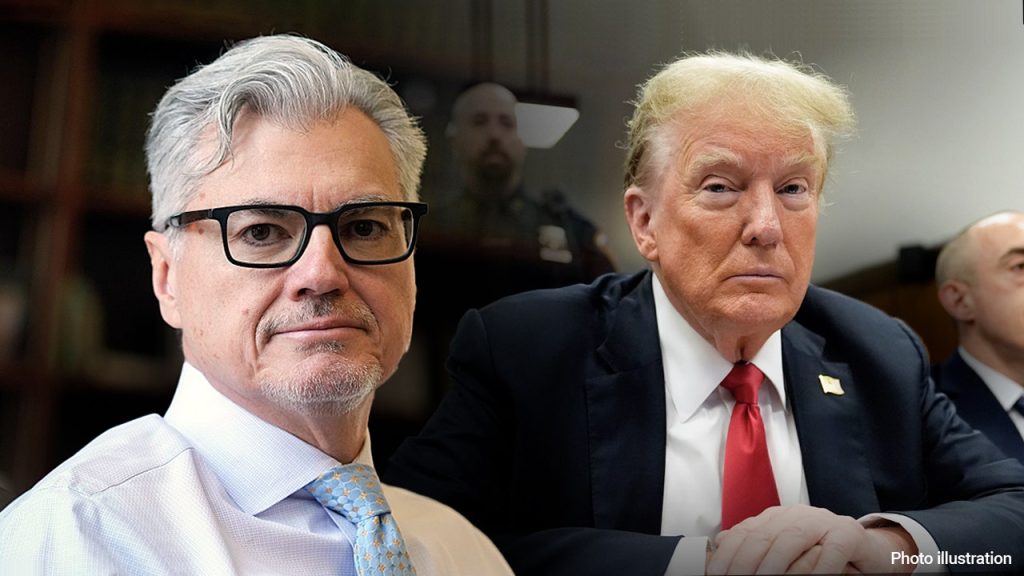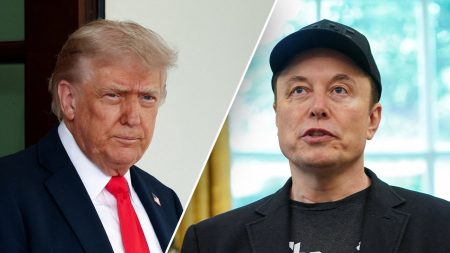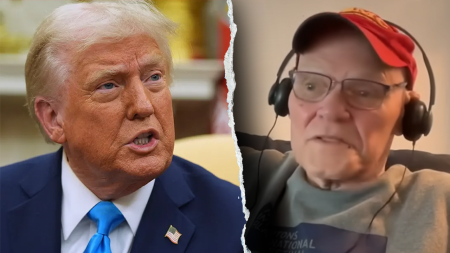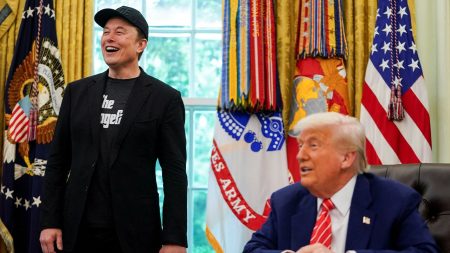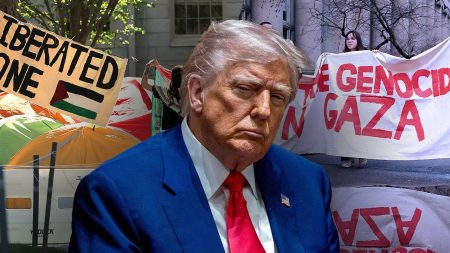The Manhattan District Attorney’s Office Fights to Preserve Trump’s Conviction
The legal battle surrounding former President Donald Trump’s conviction in the Manhattan criminal case has intensified, with the Manhattan District Attorney’s office filing a forceful brief opposing the dismissal of the guilty verdict. The brief, submitted to Justice Juan Merchan, argues vehemently against Trump’s claim of presidential immunity as grounds for overturning the jury’s decision. The core of the prosecution’s argument centers around the assertion that "president-elect immunity does not exist," and that even upon assuming office, Trump’s temporary immunity as a sitting president does not justify the extreme measure of discarding a unanimous guilty verdict. The brief emphasizes the importance of upholding the rule of law and preserving the integrity of the completed phases of the criminal proceedings, including the jury’s verdict.
The case revolves around Trump’s conviction on 34 counts of falsifying business records, stemming from efforts to conceal a $130,000 payment made to adult film actress Stormy Daniels during the 2016 presidential campaign. The payment, allegedly made to silence Daniels about an alleged affair with Trump, formed the basis of the prosecution’s argument that Trump falsified business records to conceal the true nature of the transaction. Throughout the proceedings, Trump has steadfastly maintained his innocence and denounced the case as a politically motivated attack orchestrated by Democrats to undermine his political aspirations. This narrative of political persecution has been a consistent theme in Trump’s public statements regarding the case.
The legal maneuvering in the case has been protracted, with Trump’s sentencing repeatedly delayed. Trump’s legal team, citing a Supreme Court ruling affirming substantial immunity for former presidents concerning official acts in office, argued for the overturning of the guilty verdict. However, the Supreme Court ruling explicitly excluded unofficial acts from such immunity. Justice Merchan, who presides over the case, has yet to issue a ruling on the immunity argument, leaving the future of the conviction hanging in the balance.
The District Attorney’s office, while acknowledging the constraints imposed by presidential immunity during a president’s term, proposes alternative approaches to address the situation without dismissing the indictment. Recognizing that Trump cannot be sentenced while serving as president, the prosecution suggests several options to keep the case on hold until 2029, allowing for sentencing after the conclusion of a potential second Trump administration. These options include staying the proceedings, effectively freezing the case until Trump leaves office, and utilizing a legal procedure known as "abatement," which would preserve the conviction while halting further court proceedings. This procedure, though more commonly used in cases involving the death of a defendant before sentencing, is presented as a viable option to navigate the complexities of presidential immunity.
The District Attorney’s office contends that a stay of proceedings would strike a balance between accommodating presidential immunity and respecting the public interest in upholding the rule of law. Such a stay would exempt Trump from immediate obligations in the case during his presidency while simultaneously preserving the integrity of the criminal process and the jury’s verdict. The brief underscores the prosecution’s belief that dismissing the indictment and vacating the jury’s verdict would be an unwarranted extreme measure, given the availability of alternative solutions.
The legal arguments put forth by the District Attorney’s office have drawn sharp criticism from Trump’s camp. Trump spokesman Steven Cheung dismissed the filing as a "pathetic attempt to salvage the remains of an unconstitutional and politically motivated hoax." Following Trump’s victory over Vice President Kamala Harris in the recent election, Trump officials expressed confidence that the case is "effectively over" and predicted its imminent dismissal. This sentiment reflects the ongoing contention that the case is fundamentally flawed and driven by political animus rather than legitimate legal concerns. The clashing perspectives of the prosecution and the defense highlight the deep political divisions that continue to permeate this legal battle.




